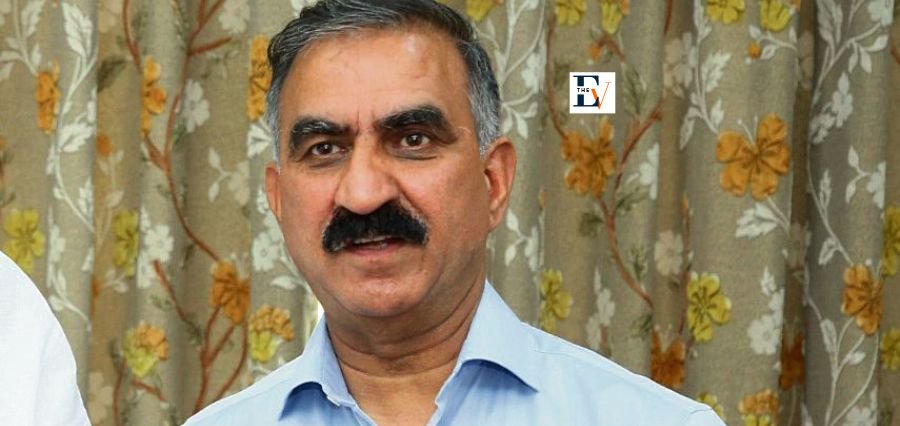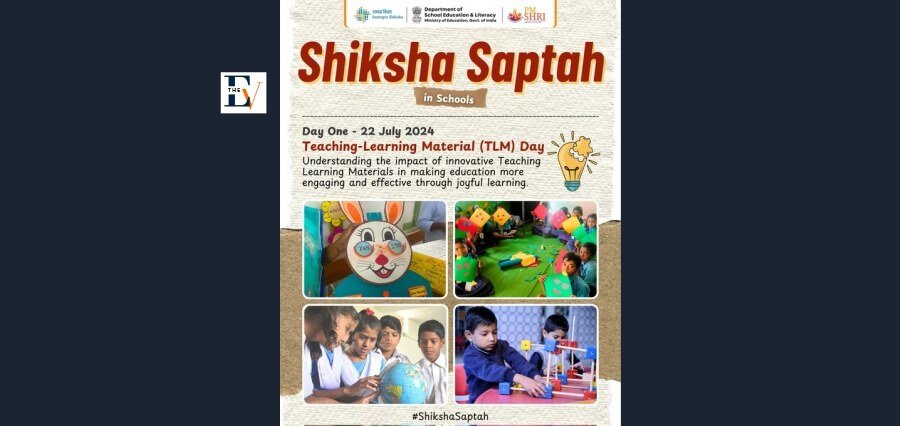IBM has announced its intention to collaborate with Keio University, The University of Tokyo, Yonsei University, Seoul National University, and The University of Chicago to support quantum education activities in Japan, Korea, and the United States. The collaboration aims to deliver educational offerings to advance the training of up to 40,000 students over the next 10 years, preparing them for the quantum workforce and promoting the growth of a global quantum ecosystem. The initiative may include materials for educators from various disciplines, such as physics, computer science, engineering, math, life sciences, and chemistry.
The universities and IBM will focus on preparing a workforce capable of using the latest quantum computing technologies for scientific discovery and exploring industry applications. The collaboration will involve developing a robust quantum curriculum, providing resources for educator training, course material development, and community-driven educational events. The goal is to foster a skilled quantum workforce critical to the growth of the quantum industry. The collaboration has received support from various officials, including U.S. Ambassador to Japan Rahm Emanuel and South Korea Ambassador to Japan Yun Duk-min.
The JNU Students Union has criticized the stringent measures outlined in the Chief Proctor Office (CPO) manual, stating that they are aimed at stifling the vibrant campus culture at Jawaharlal Nehru University (JNU). The manual imposes penalties, including fines and expulsion, for activities such as putting up wall posters and organizing protests within a 100-metre radius of academic buildings.
The move follows an incident in October where an “anti-national” slogan was scribbled on the School of Languages building, prompting the formation of a committee to address repeated incidents on campus. The Vice-Chancellor claims the rules have always been in place since 1969 and have only been “fine-tuned.”





